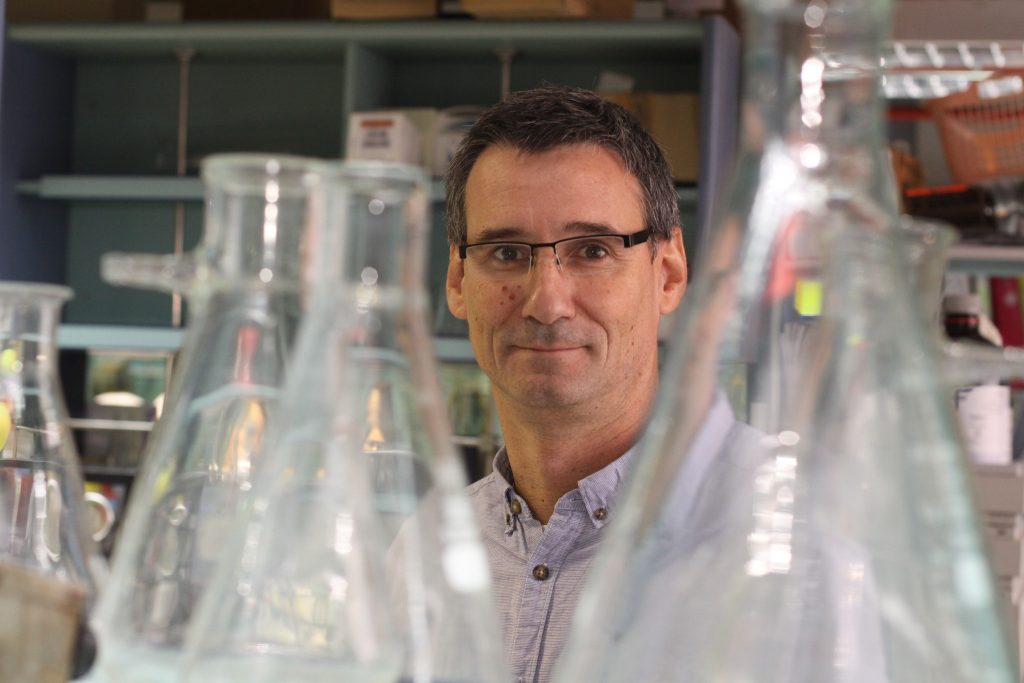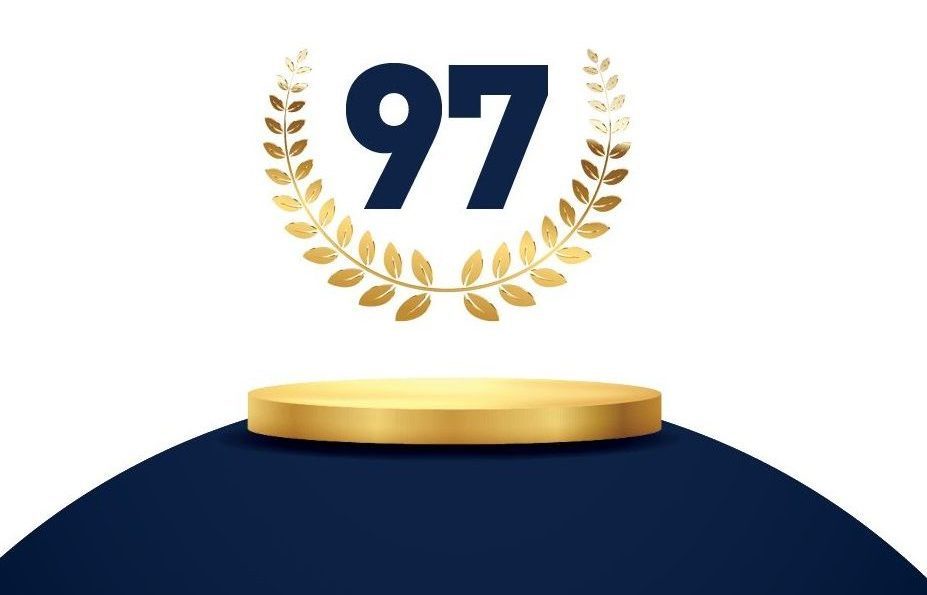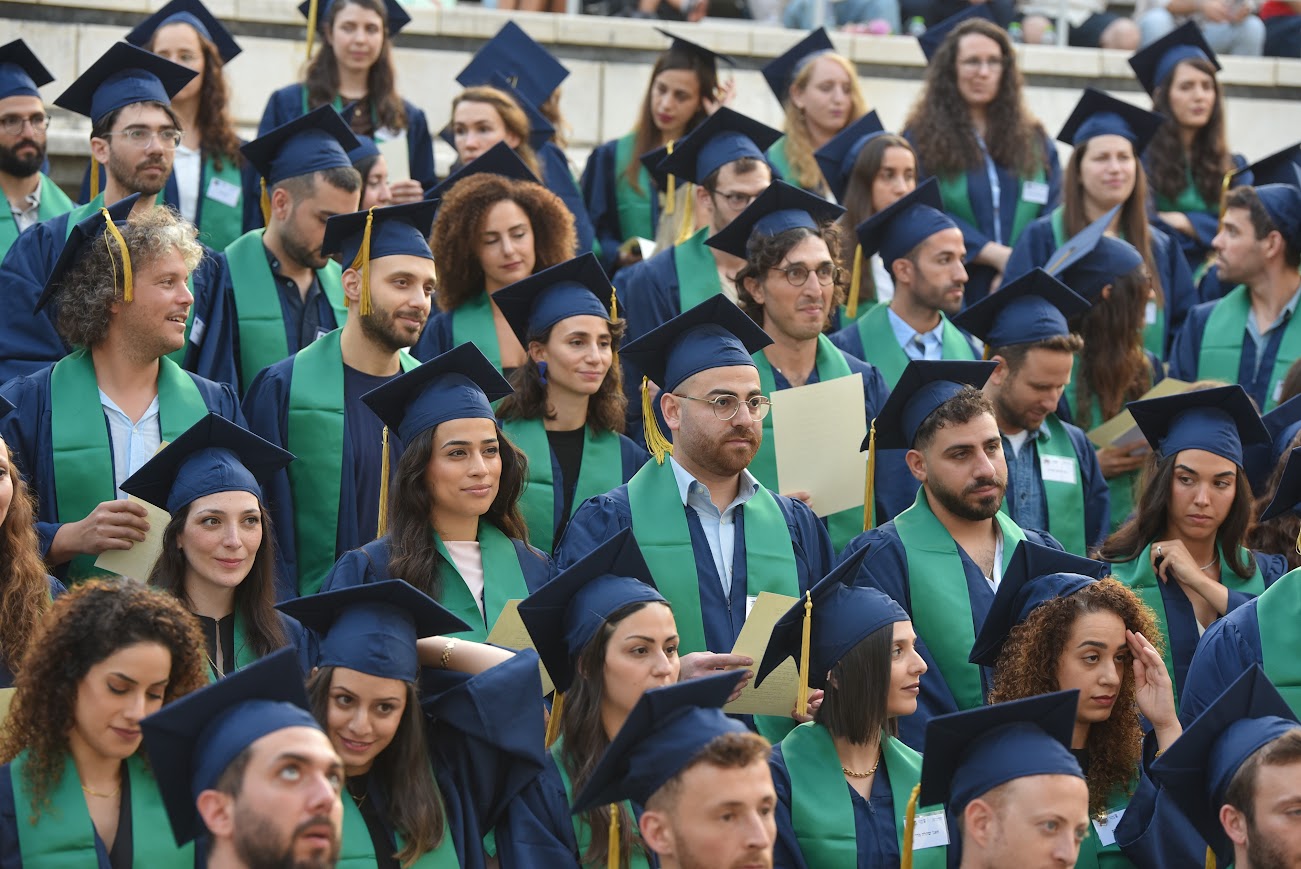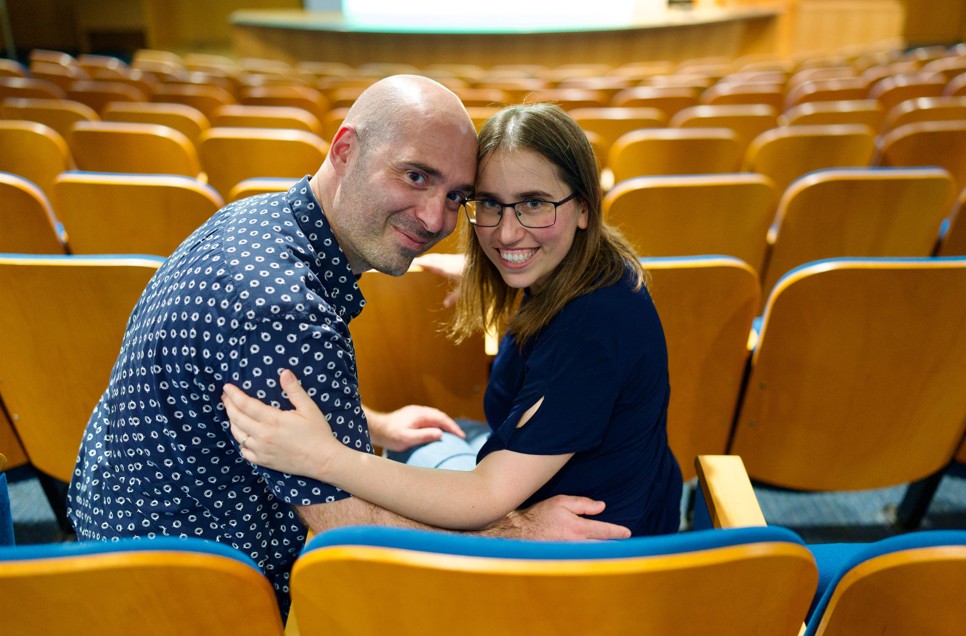Prof. Ilan Marek Wins Third ERC Advanced Grant
Technion chemist joins an elite group of researchers awarded this prestigious EU grant three times
Distinguished Professor Ilan Marek of the Schulich Faculty of Chemistry has been awarded the ERC Advanced Grant for the third time—a rare achievement that highlights his sustained scientific excellence and groundbreaking research. Granted by the European Union’s Horizon Europe program, this highly competitive award is reserved for senior researchers with a proven track record of significant discoveries over the past decade.
Prof. Marek, head of the Stewart and Lynda Resnick Sustainability Center for Catalysis, is a world-renowned expert in developing new strategies for synthesizing complex molecular structures. He has received numerous prestigious awards, including the Arthur C. Cope Award from the American Chemical Society, the Royal Society of Chemistry Award, the Weizmann Prize for Exact Sciences in memory of Dr. Chaim Weizmann, the Michael Bruno Award, the Humboldt Foundation’s Bessel Research Award, and the Henry Taub Prize for Academic Excellence. He is a member of the French Academy of Sciences, the Israel Academy of Sciences and Humanities, and Academia Europaea. He was appointed Distinguished Professor at the Technion – an honor bestowed upon only a select group of the university’s most exceptional researchers.

Prof. Marek has been awarded a grant to advance groundbreaking research in carbocation chemistry, with the goal of transforming stereoselective synthesis – the precise construction of complex molecular structures. This process is fundamental to modern organic chemistry, with wide-reaching implications in drug development, natural product synthesis, and materials science. By enabling the design of highly defined three-dimensional molecules, it holds immense potential – yet several scientific hurdles currently limit its full realization. Prof. Marek’s winning project, StereoCPC, is designed to overcome these challenges.
“The methods we are developing mark a significant step forward in controlled stereoselective synthesis and the creation of complex molecules,” explained Prof. Marek. “We are tackling long-standing problems that have held the field back, and I believe our work will open the door to molecular architectures once deemed unattainable—ultimately enriching the synthetic toolbox of organic chemistry.”



